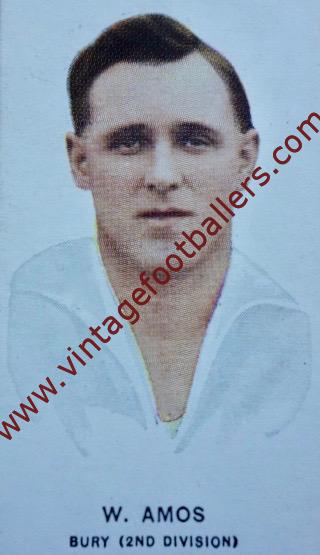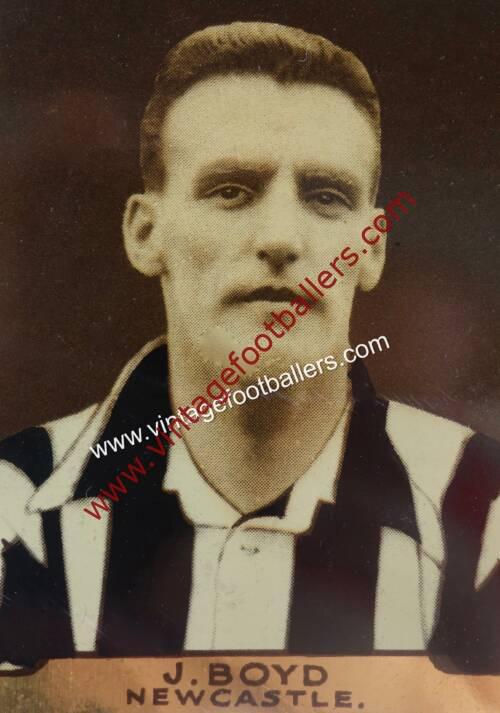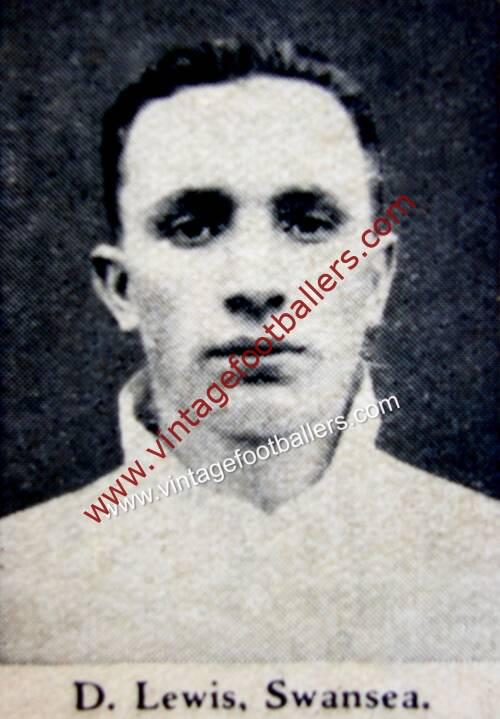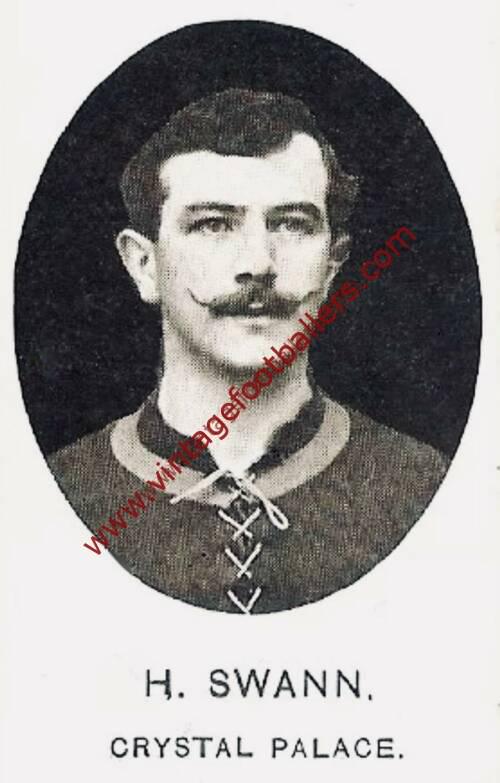Please choose your photo size from the drop down menu below.
If you wish your photo to be framed please select Yes.
Note: 16″x 20″not available in a frame.
Images can also be added to accessories. To order please follow these links
£8.95 – £49.95
Please choose your photo size from the drop down menu below.
If you wish your photo to be framed please select Yes.
Note: 16″x 20″not available in a frame.
Images can also be added to accessories. To order please follow these links
Newport-on-Tay, Fife born Billy Hendry played in a variety of positions during his football career.
Initially a forward, he played for Dunblane Thistle in 1886 and Dundee Wanderers in 1887, usually at outside right, but he was soon to play football in England. There was no professional football at the time in Scotland, so those players with talents to sell crossed the border. Hendry had an ability to skilfully dribble the ball, a technique not used in the traditional English game in the 1880’s.
In 1888, Hendry joined West Bromwich Albion ahead of the first Football League season and made his Football League debut in Albion’s inaugural League match, a 2-0 win at Stoke that September. Hendry, now playing as a centre forward was restless in his time with the Baggies, and after 3 goals in 16 appearances, after a brief period with non league Kidderminster Harriers, he joined Stoke in April 1889. While at Stoke Hendry was mainly used as a left-back and played 16 times scoring once, before he joined Preston North End in January 1890, who had just become Football League Champions for a second time.
In January 1891, Charles Stokes, the Chairman of Sheffield United’s football committee went to Preston and returned with the signatures of three Preston players in the hope of improving United’s professionalism. The players he signed were Jack Drummond, Sammy Dobson and Billy Hendry, who joined the Blades after 16 appearances for the Deepdale club.
Hendry made his debut for Sheffield United against Derby Junction on 28 February 1891 in a Midland Counties League match. It was Drummond who was to score the goal that took United into Division One in 1893, but it was Hendry’s signing that was the most significant. By now, Hendry had become a centre half. He was made team captain at Sheffield United and remained so until his career with the club ended in 1895.
He was a small stocky player, described as neat, cool and calculating with ‘exceptional skill’. His value to Sheffield United lay not just in the shrewdness and effectiveness of his play, but in the direction and leadership he gave to the club in the early years of Sheffield United in general. The United committee “set great value upon his options as to the arrangement and formation of the team, and placed confidence in his judgement… and ability as a player, a captain, and an adviser”.
Under Hendry’s leadership, the Blades secured a place in Division One as Second Division runners up in 1892-93, and foundations were laid for the great Sheffield United team of the turn of the century. It was also said that Hendry’s advice and guidance helped the natural talents of Ernest Needham, who was to become an England international. Hendry sustained an injury during a New Year’s Day friendly fixture at Leith Athletic in 1895 and it was thought that it would end his career. He played only four more games for United before being released the following summer after 4 goals in 73 appearances.
Despite his injury problems Hendry later went on to play for Dundee in 1895 then returned south of the border to play for Bury in The Football League, scoring once in 10 appearances during 1896-97, before moving to Brighton United in 1898 and finally to Shrewsbury Town in 1899 where he remained until his death in 1901 from heart disease.
| Weight | N/A |
|---|



